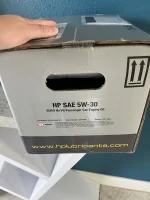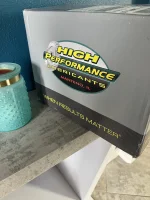High Performance Lubricants
Thread starter
My antique Honda Insight called for green oil which is similar to a 0w8 or 12
My guess is a 5w16 would be more than adequate for both me and you if you want the best fraction of a mpg improvement.
5w20 is tempting for the Honda since I’ve only ever ran it or 0w20.
Gotta wonder, if this stuff was rated would it be an SL, SM or an SN?
The additive package is based on SP D1G3


